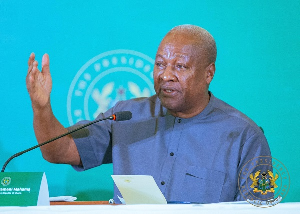Music is a tool for communication, the reason some musicians do subtitling in music videos when they realize the language barrier is likely to limit the extent to which their messages can fly and impact.
More often than not, some music enthusiasts dance or bounce to the beat without paying any attention to the lyrics of the song. Admittedly, there are persons who can even sing as though they composed the song but will pay no heed to the message. Put simply, everyone has a reason for listening to a song.
The explosive ‘sex for grades’ documentary, produced by BBC Africa Eye, which tells how females are harassed for sex in exchange for grades, has sparked conversations on social media, campuses, marketplaces and homes, with some people digging into archives for related stories.
Like a radio presenter who would choose a song that fits a particular discussion, the spotlight is put on a line in one of Sarkodie’s songs which cautions/cautioned lecturers to desist from the act many have described as ‘despicable’.
Titled ‘Hand to Mouth’, the piece, produced by Fortune Dane and released in 2015, although told a story about how the artiste is enjoying the fruit of his labour, threw light on some negative attitudes which have bedevilled the society.
“Lecturer, ye adwuma na aban betua; w’akatua no, ennhye nkwadaa no ayaase,” he rapped. To wit, “Lecturer, work; the government will pay you. Your salary doesn’t reside in the groin of your students.”
After gathering dozens of testimonies, BBC Africa Eye sent undercover journalists posing as students inside the University of Lagos and the University of Ghana.
Female reporters were sexually harassed, proposed to and put under pressure by senior lecturers at the institutions – all the while wearing secret cameras.
The documentary, which is set to be premiered at 6pm in Ghana, October 7, 2017, has already exposed two lecturers of the aforementioned universities – Dr Paul Kwame Butakor and Dr Boniface Igbeneghu of Ghana and Nigeria, respectively.
Entertainment of Monday, 7 October 2019
Source: www.ghanaweb.com













